|
An article was recently published in the Exeter Newsletter about the Exeter Selectmen voting to not reappoint Scott Ruffner, Executive Director of Arts Industry Alliance and TEAM, to the volunteer town Arts Committee. This also resulted in the resignation of two other members of the committee, Sharon Marston and Marissa Vitolo. The decision was met with a great deal of push back and questioning from Exeter citizens, with only Selectmen members Don Clement and Anne Surman offering explanations that they were doing what was “best for the town”. Some of the parties involved wanted to take the opportunity to give the community further background into the situation, and what goes on behind the scenes on these types of committees. Marissa Vitolo, artist and committee member of 5 years, had this to offer.
James Duprie, Producer of The Pine Street Players in Exeter, became involved in the situation when he learned that some people in town were interested in importing a theater group from outside the community. Pine Street Players is run out of the Christ Church, and was fairly new and just gaining momentum, and Duprie had concerns with the impact of an outside competitor. He started attending some committee meetings to get a better idea of what was happening behind the scenes. “The current arts committee leadership has made it very clear that they are more interested in retaining power than actually expanding the Exeter arts scene. At one of the meetings, when a motion was made for nominations and an open election, the acting chair boldly announced that she would not be stepping down under any circumstance. It’s unfortunate that Scott's efforts to expand the local Exeter art scene is being obstructed by a small group of people that refuse to simply get out of his way and let him continue the amazing work he's been doing.” Original Article in the Exeter Newsletter
Link to original article online: http://www.seacoastonline.com/news/20170427/local-arts-advocate-ousted-from-exeter-arts-committee
Open Forum Discussion With Exeter Newsletter
In the wake of the original article in the Exeter Newsletter, an open forum interview and conversation occurred between reporter Hadley Barndollar, editor of the paper Buzz Dietterle, the three exiting members of the committee (Scott Ruffner, Sharon Marston, Marissa Vitolo), and five other local artists who all had applications submitted to join (Steven Delong, David Drouin, Ellie Willis, Bruce Jones, Lorenzo Vigil, Chad Verbeck). All of them are either full or part time professional painters, photographers, musicians, or actors, ranging in ages from 26 to 60, who were willing to join the committee to further the arts scene in Exeter and help expand use of its public spaces. Many of them submitted applications as far back as October, but only heard from the town after Ruffner, Marston and Vitolo exited. All have decided to remove their applications from the committee, but will work together to keep a very close eye on its direction and if the group will be open to expanded use of the gallery space by outside organizations and active artists, musicians and performers living in town. They see two of the potential future members as having obvious conflicts of interest.
The three remaining applicants, Darius Thompson, John Moynihan, and Irene Graham Hall are all non artists. Thompson is the husband of the current acting chair Kathy Lewis Thompson, and both are vocal supporters of selectmen Don Clement and Anne Surman. Moynihan is the former Operations Manager at Prescott Park Arts Festival and current administrator at the Firehouse Center for the Arts in Newburyport. The panel describes this situation as the classic scenario they have been facing in the Seacoast "arts" community. with power-hungry volunteers and political agendas on one side, and professional non-profit administrators on the other. They see both as a detriment to a naturally occurring organic art scene that reflects and benefits the community and the artists who live in it. Stream the full audio below. Exeter Arts Committee Applications
0 Comments
 I find that one of the biggest challenges to running an independent venue is getting people to see that one of our primary offerings - music - is a commodity that is worth paying money for. Food, beer, and liquor aren't tough sells, but for some reason, the ticket prices for our shows are hard for some of our clientele to swallow. I think there's this sense that people will only pay for music if they are going to a concert at a large stadium venue, or a listening room. Because we are a combination of restaurant, bar, and music venue, there's a murky grey area where people don't necessarily understand that we are also trying to support and offer up local and touring artists. These artists aren't just playing for fun, but oftentimes trying to make a living at their craft. At least 85% of all of our income from ticket sales goes directly to the bands, with the other portion simply covering the costs of employing a full-time sound engineer, maintaining our sound system, and upgrading our equipment as technology changes so quickly. Many times, too, we pay musicians out of pocket to have free shows, so that people don't have to pay for their entertainment. There's a misconception that our venue pockets all of the money we collect from ticket sales, along with our food and drink sales, and that couldn't be further from the truth. Another challenge we bump up against is a lack of understanding from your average person about what it takes to run a bar and music club. A lot of people think it's fun and games, a "dream" job, and they forget that it is a business that requires a lot of up-front and ongoing costs. They come in and see a packed room, and assume that we are turning a huge profit, and then wonder why we charge so much for a beer. But when you add in multiple insurances, twice-yearly inspections, annual music licensing fees, and the regular costs of maintaining a historic building that was constructed almost 200 years ago, you're really not seeing the profits that people envision, and you have to price your products up just to open the door each day. Back before certain codes and standards, The Stone Church's capacity was 220 people, which allowed us to book larger bands. Now, our capacity stands at 99, which means we either have to take a big chance on large guarantees to book nationally-touring bands, outsource the booking to other production companies who will take that risk for us, or just try to exist with bands that don't look at a 99 capacity and shake their heads "no". With venues that hold a couple hundred people close by- 3s in Portsmouth, Tupelo in Londonderry, The Bull Run in Shirley, MA- we really can't stay competitive. In order to bump our capacity back up, we would need to install a comprehensive sprinkler system, which clearly costs a whole lot of money. This is a huge challenge, because the things that could make us bigger and better are too large of an investment. Moreover, we have a beautiful, historic attic with many old features, and even an old stage, that is in dire need of renovation. If I won the lottery, I would definitely renovate that portion of the building to serve as balcony seating so that we could increased our capacity and restore some of the unique character of the building. And one more thing about the codes... When The Stone Church became a music club in 1969, it was not necessary to serve food in order to obtain a liquor license, but that has changed over time. Our kitchen is a throwback to some time before that change, as we could certainly use an expansion. One final challenge is that craft beer has suddenly become exceedingly trendy over the last few years, along with old-time cocktails, infusions, and so on. Before this became a trend, we were serving 14 craft/microbrews on draft, and that made us stand out to people. Now, every new bar that is cropping up is specializing in craft beer- either their own, or those carried by the state of NH- and there's a been of one-up-man-ship when it comes to the creation of cocktails. The bar is being continuously raised, to the point where we have joked about becoming a place that serves Schlitz and other vintage types of cheap beer just in order to differentiate ourselves! One thing that has become better over time is that the idea of a music club is no longer restricted to just people who are 21+, who want to come and see music and drink. Because we put a premium on providing a variety of high-quality music, and we offer it at other times of the day- Sunday afternoon/early evening, for example- we have been able to attract families and their children. So, by not funneling our clientele into one demographic, we have been able to reach more types of people, which in turn has made us become more creative with our programming and musical offerings. |
AIA• EDUCATION & RECOGNITION Archives
December 2019
Categories |

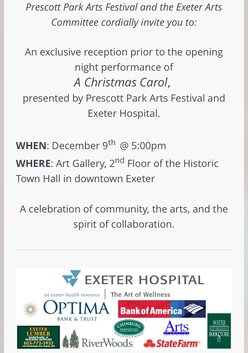
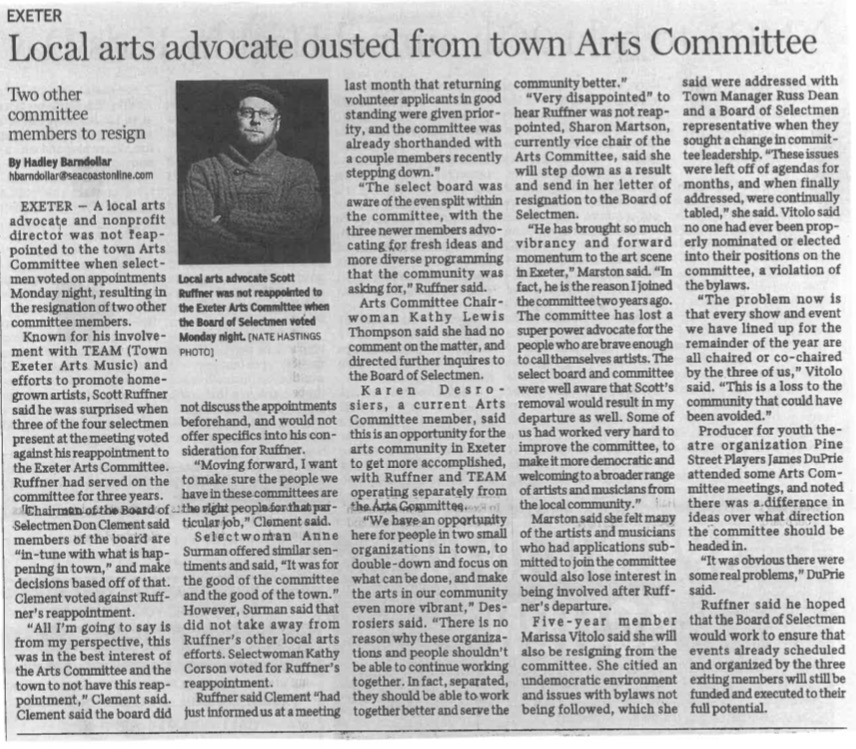
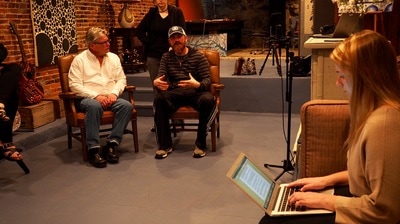
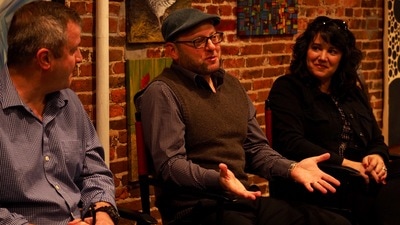
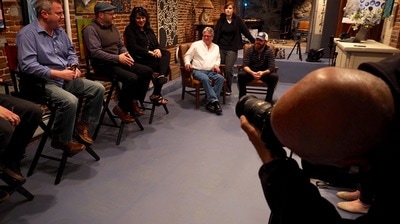
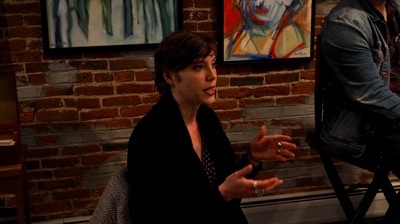
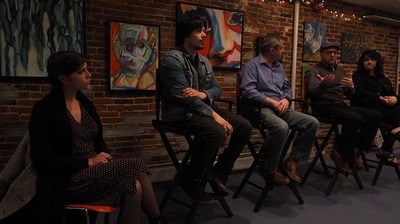
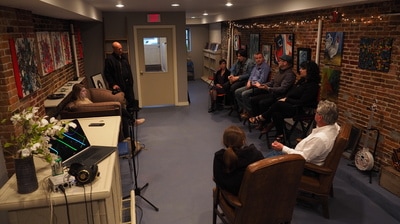
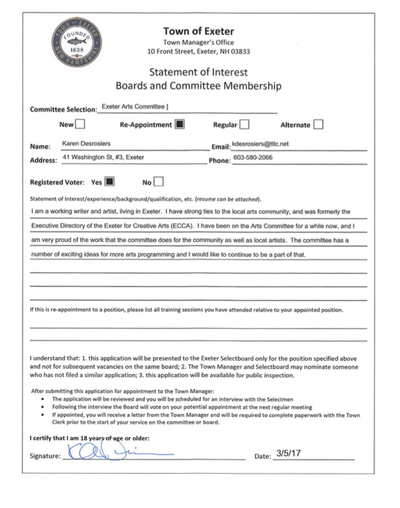
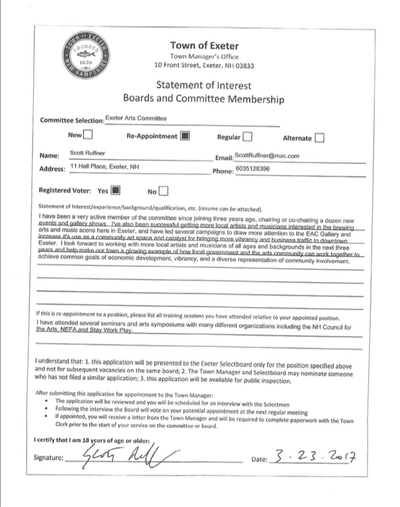
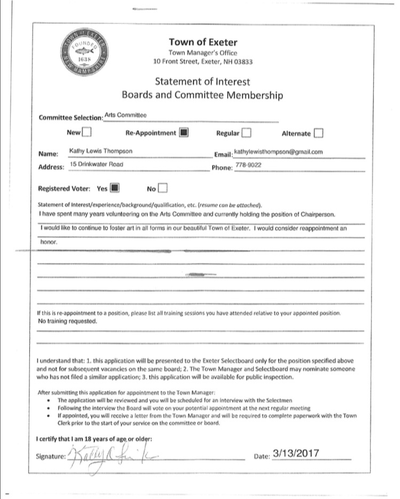
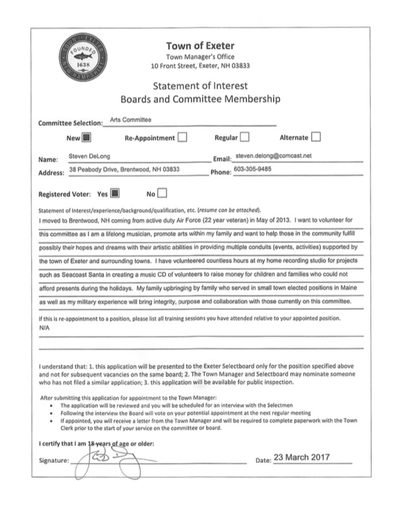
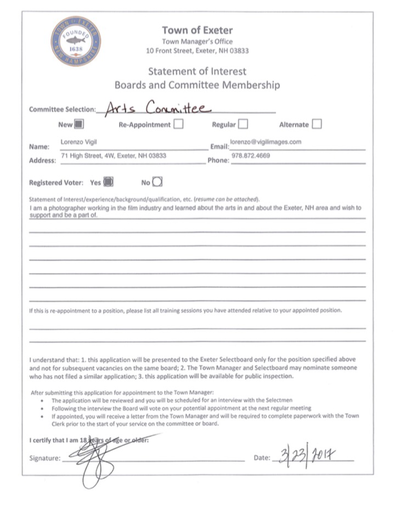
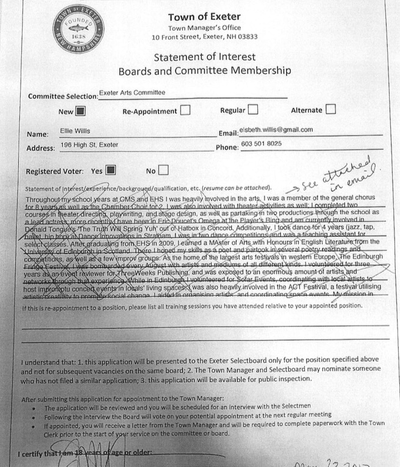
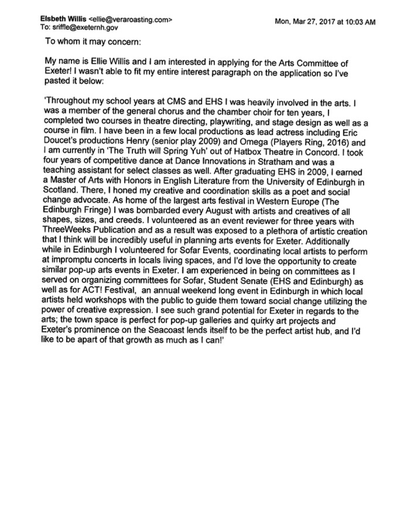
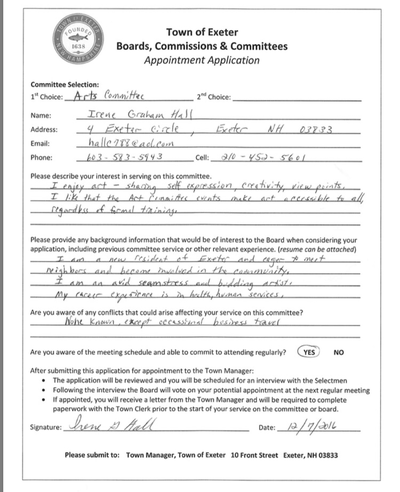
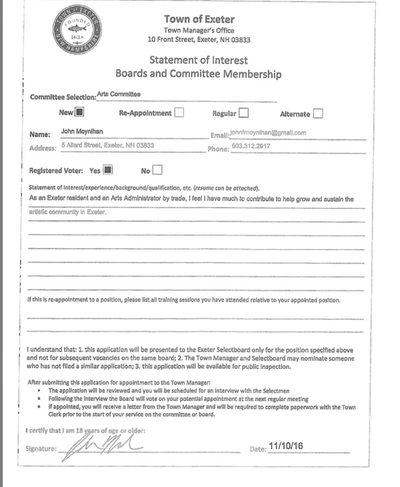
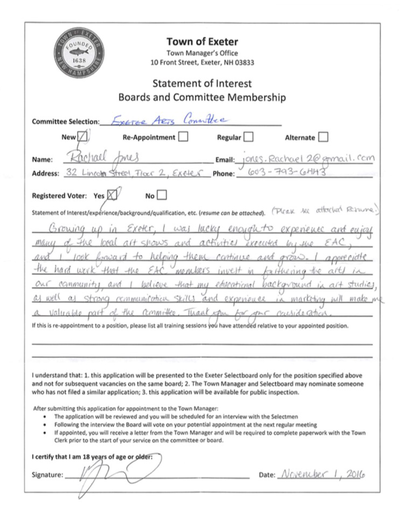
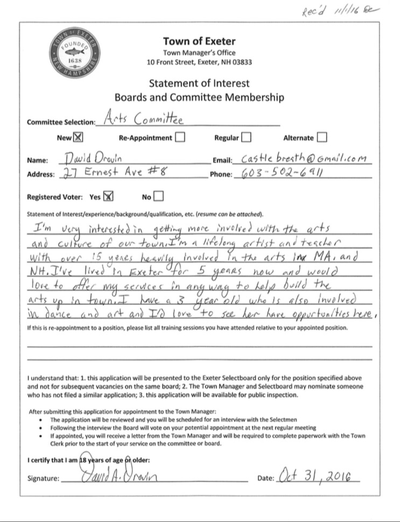
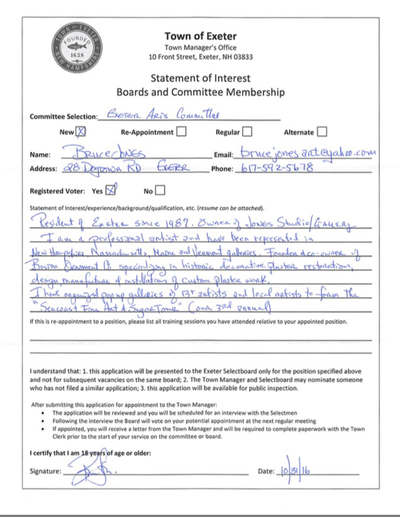
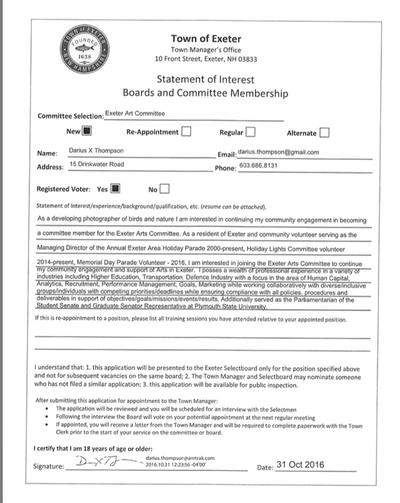
 RSS Feed
RSS Feed